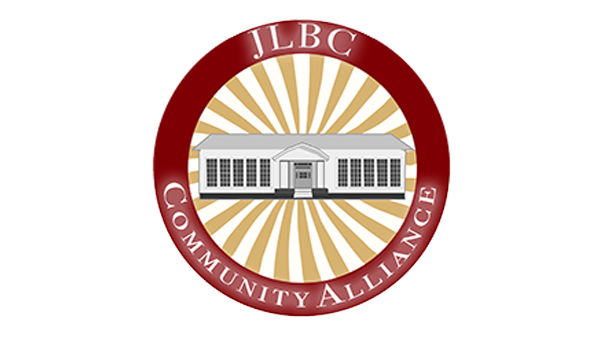Future Plans
 Juniper Level Missionary Baptist Church (JLMBC) was established in 1870 and remains on its original site at 9104 Sauls Road, Raleigh, North Carolina. Although the sanctuary and administrative building have undergone periodic updates and additions through the years, it can no longer accommodate its growing 400-member congregation or its vision of service to its community. As such, in December 2015 JLMBC purchased a 33-acre tract of land in the township of Panther Branch in the southeastern region of Wake County, North Carolina.
Juniper Level Missionary Baptist Church (JLMBC) was established in 1870 and remains on its original site at 9104 Sauls Road, Raleigh, North Carolina. Although the sanctuary and administrative building have undergone periodic updates and additions through the years, it can no longer accommodate its growing 400-member congregation or its vision of service to its community. As such, in December 2015 JLMBC purchased a 33-acre tract of land in the township of Panther Branch in the southeastern region of Wake County, North Carolina.
The full site concept expands its capacity to serve Wake County neighbors experiencing poverty and crises. The southern region of the county has experienced explosive growth and development that has left the origins of the Panther Branch community fractured, gentrification imminent, and the need for an anchoring foundation where lives can be transformed, hope restored, and restoration realized an imperative.
The site vision includes a sanctuary to seat approximately one thousand congregants as well as an administrative building with shared office and co-working spaces where the JLBC Community Alliance, local service providers, and agencies can establish a kiosk of resources closer to home for residents. Other site attributes and amenities include a wetland observatory, a training/educational center, and a protected village of transitional and affordable housing options. The shared office and co-working spaces will accommodate community programs for youth and adults offering environments conducive for both children’s day and afterschool care as well as initiatives to support seniors and special populations such as the current Food Hub.
The wetland observatory and educational center project seeks to preserve and enhance approximately 10 acres of wetlands. The project will provide access to a recreational amenity (park and greenspace features) for the Panther Branch community, and general public, that also promotes education and training opportunities in STEM curriculums and career pathways for local schools and community-based programs. The site design will open educational and training opportunities for local schools and community programs introducing students and families to wetland ecosystems, principles of land preservation, and wildlife and habitat conservation.








